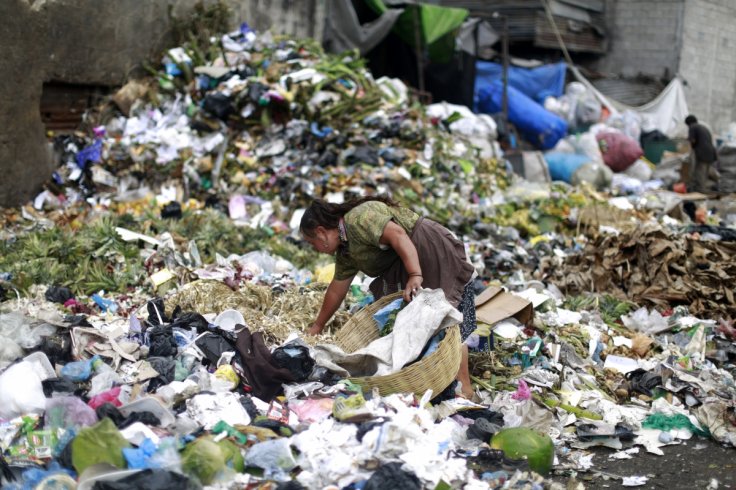
Every day, humans produce tonnes of "hazardous waste" that simply can't be disposed of like other plastic or biodegradable waste.
Chemical waste that includes paints, paint products, aerosol canisters, cleaning liquids, and other household acids is often disposed whole and it is generally not allowed to be dropped off at landfills, notes a report by Vox.
Cleaning products in stores often do not even make out of the store if they are leaking, dirty, or if their packaging is dented. Such products are promptly disposed of and they are taken to be incinerated. This is believed to be a viable solution because dumping containers of dangerous, toxic chemicals in a landfill can eventually lead to poisoning. The chemicals could end up in the water table and form what is known as "leachate", effectively poisoning ground water.
Incinerating chemical waste is also not a sustainable practice, notes the report, as it could lead to several pollutants being released into the air and coming down with rain.
Around the world, more than 1 billion tons of garbage is produced. That translates to about 3 million tons of waste every day. Of these, hazardous waste— waste that is toxic, corrosive, reactive, or flammable — makes up a majority, says the report. Of all the waste made every year, 400 million tons is marked hazardous.
Some companies and non-profit organisations are now trying to find ways to reduce chemical waste. One idea is to identify chemical cleaning products with damaged packaging that have been discarded by the retailers. These products can then be repackaged and resold at a lower cost, reducing the need to incinerate them.
Our Planet Is In Danger
Another major cause for concern is the plastic waste. Reports suggest that since its invention, humans have produced about 9.1 billion tonnes of plastic and almost all of it, in some way or another, is still on the planet.
Plastic waste has grown by 817 percent in the 25-year gap between 1988 and 2016. In 2016 alone, 14.1 million metric tons of plastic waste was traded globally, reports a recent study.
How can we save our environment? Staying away from plastic products as much as possible is one solution, changing bulbs to more energy efficient ones, giving up owning or driving a car in favour of a public transportation is also a great option, said the report. The best way to reduce carbon footprint, by far, is to have fewer children, according to the study.









